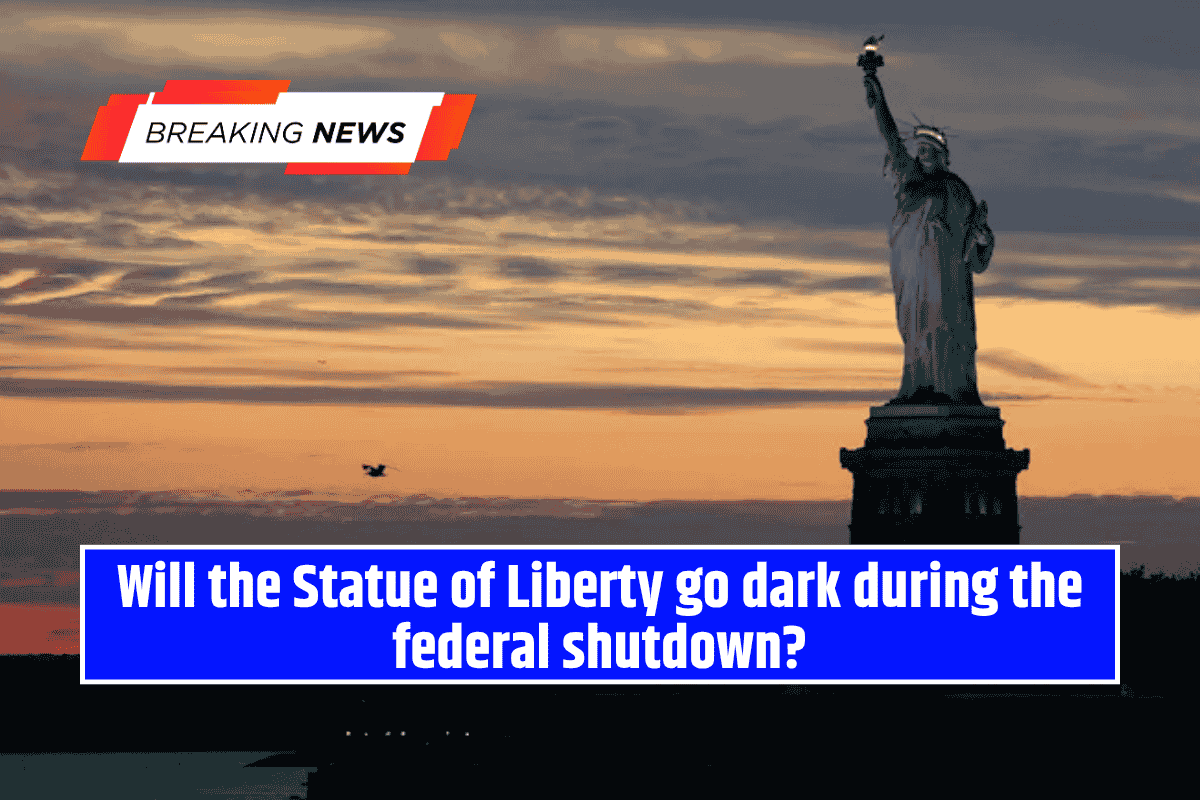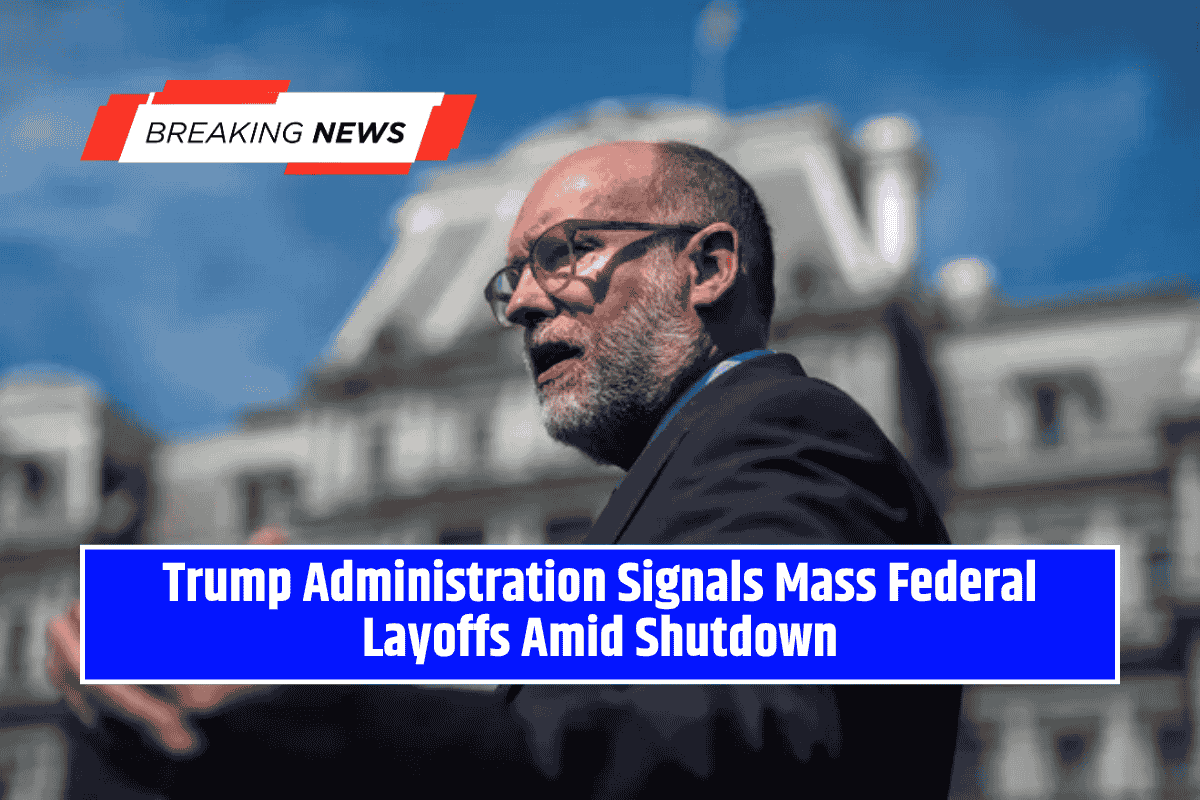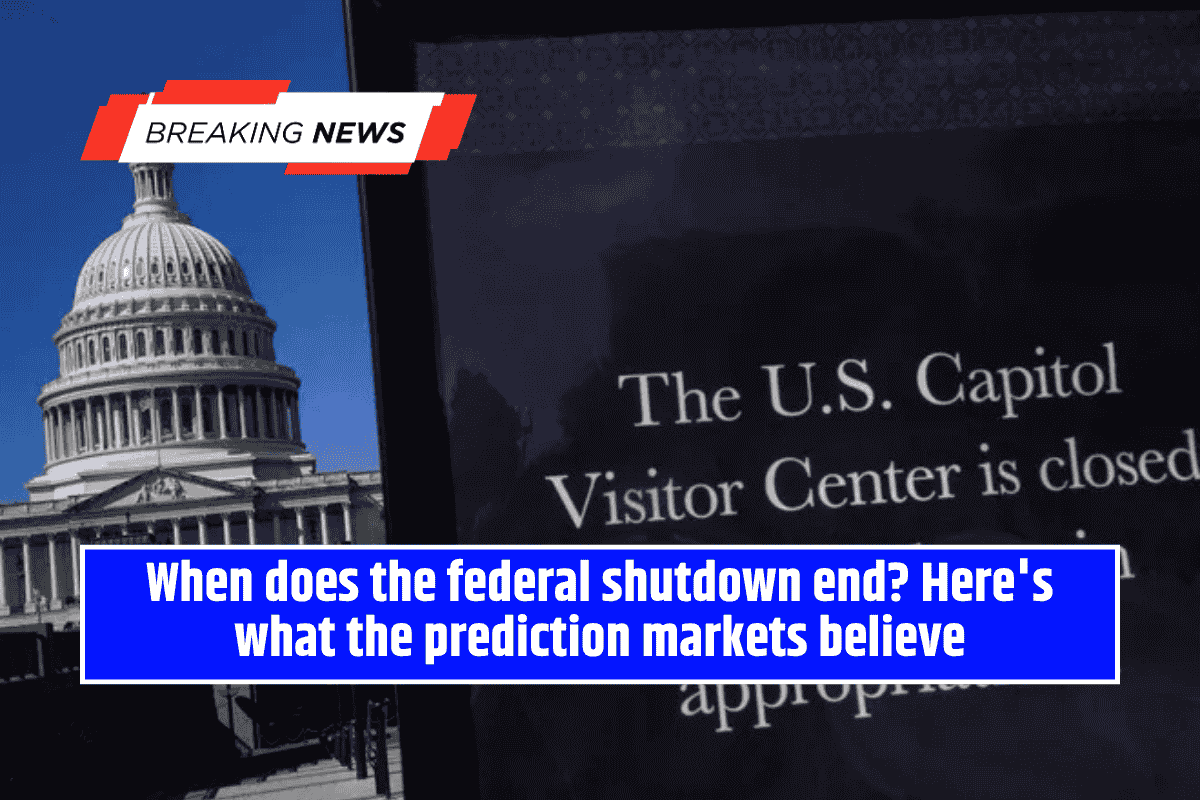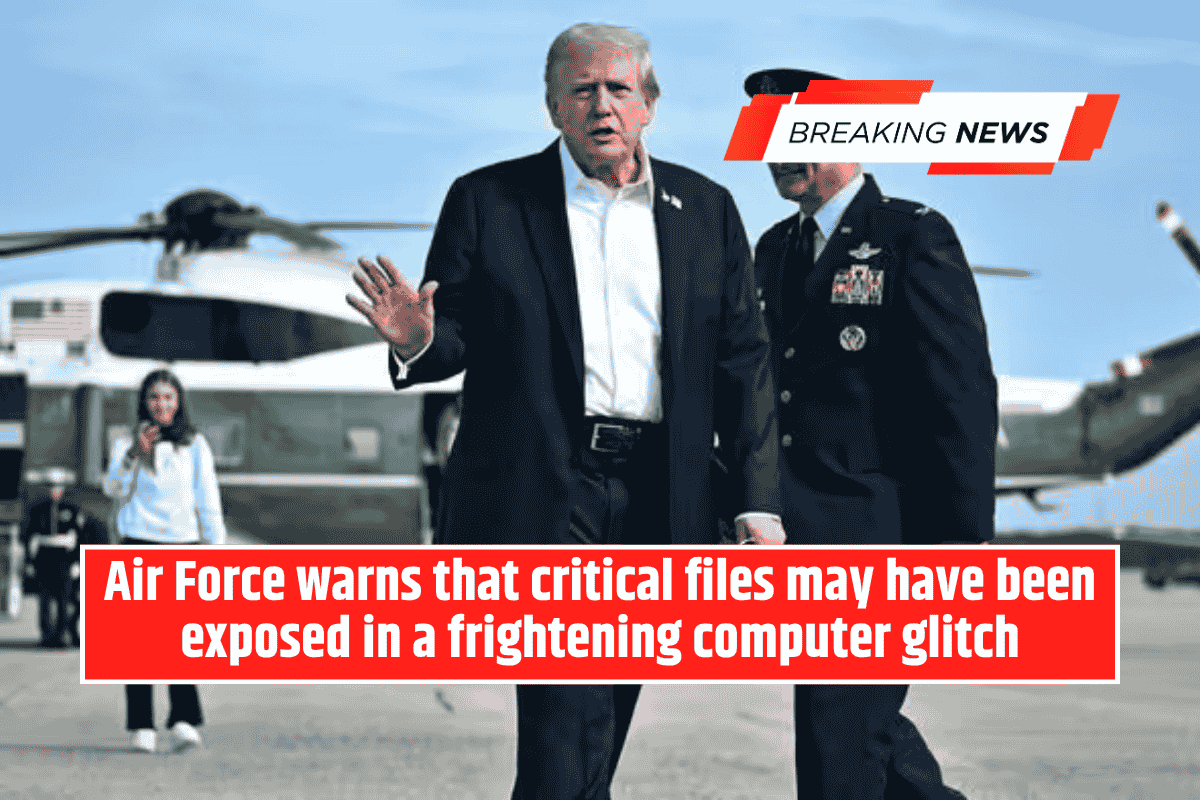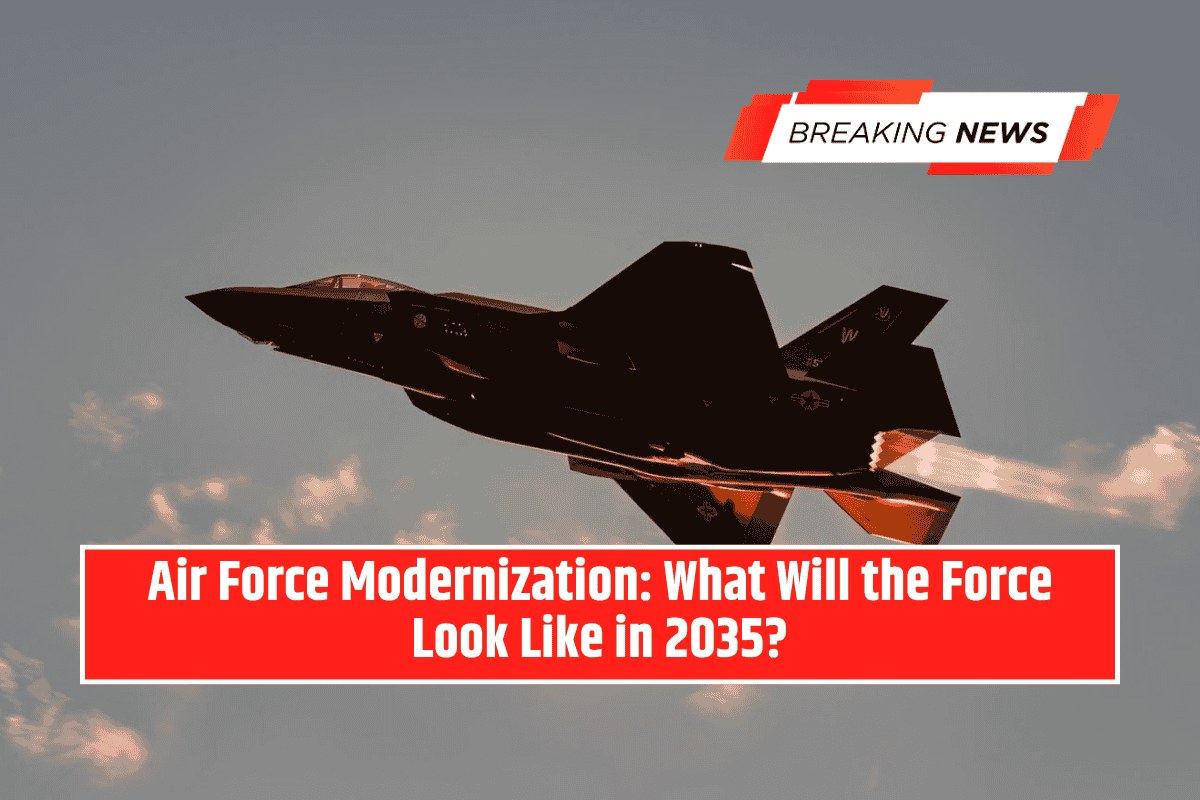Former U.S. President Donald Trump has once again sparked national debate by announcing that he plans to send troops to Portland, Oregon.
His reason? To protect Immigration and Customs Enforcement (ICE) buildings from what he claims are attacks by Antifa and other “domestic terrorists.” The announcement was made on September 27 on his social media platform, Truth Social.
Trump said he asked Defense Secretary Pete Hegseth to send all the necessary troops and gave them full authority to use force if required.
However, neither the White House nor the Pentagon confirmed whether active-duty troops or National Guard members would be deployed. They also didn’t reveal how many troops would be involved.
What’s happening in Portland
This move comes after weeks of protests outside the ICE field office in South Portland. People have been protesting against Trump’s strict immigration policies and mass deportations.
While most demonstrations have been peaceful, a few turned violent. Police had to use tear gas in some situations.
According to a White House source, 26 people have been charged with crimes like arson, assaulting officers, and resisting arrest as of September 8.
Local leaders push back strongly
Oregon leaders are not happy with Trump’s decision. Governor Tina Kotek and Portland Mayor Keith Wilson held a press conference rejecting the idea of federal troops in their state.
Governor Kotek made it clear that Oregon can handle its own public safety and called Trump’s portrayal of Portland as “war-ravaged” completely false. She added that the state didn’t need troops creating fear or increasing tensions.
She even mentioned the possibility of legal action, saying she’s working with the state’s attorney general to prepare for any necessary response.
Portland Mayor Keith Wilson also criticised the move. “Portland is not lawless,” he said. “If Trump came here today, he’d see people enjoying life—riding bikes, shopping at farmer’s markets—not chaos.”
U.S. Senator Ron Wyden backed up their statements by posting a video online that showed a calm scene outside the ICE facility. “There is no siege,” he said. “Trump, stay out of our city.”
No clear details from the Pentagon
The Pentagon has not given any clear information on when or how troops might be deployed. A spokesperson said they are ready to act on the president’s orders but didn’t confirm any specific plans.
Meanwhile, the Department of Homeland Security (DHS) defended the move. Assistant Secretary Tricia McLaughlin said they won’t allow “domestic terrorists” to target law enforcement.
The DHS also released a statement listing past incidents at the ICE facility. These include someone shining a laser at officers, another throwing a smoke grenade, and others damaging equipment or attacking agents. They also claimed ICE agents had been doxed and received death threats.
Wider political reactions
Democrats across the country have condemned Trump’s announcement. Senate Democratic Leader Chuck Schumer said, “Portland is not war-ravaged. U.S. troops are not political playthings. Trump is not a king.”
This isn’t the first time Trump has sent or threatened to send troops into Democrat-led cities. Similar actions were taken in Washington, D.C., and Los Angeles. In contrast, Republican-led states like Tennessee have welcomed such moves.
Earlier this month, Trump compared living in Portland to “living in hell.” He’s also blamed the “radical left” for political violence across the country, especially after the recent assassination of conservative activist Charlie Kirk.
In a memo dated September 25, Trump ordered a crackdown on what he described as “organized political violence.” He said attacks on ICE agents had increased during riots in cities like Portland and Los Angeles.
Speaking to reporters, Trump confirmed the operation had already started, adding that “a pretty big number” would be done on those he described as “professional agitators and anarchists.”
Trump’s plan to send troops to Portland has sparked a fresh wave of political debate. While he insists it’s necessary to protect federal buildings and agents, state and local leaders say it’s an unnecessary show of force that could only make things worse.
With no clear timeline or details from the military, the situation remains tense, and legal action may be on the horizon. What’s clear is that Portland leaders and many in Congress are ready to push back against what they see as federal overreach.




